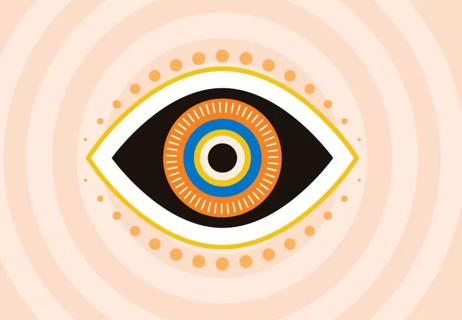5 possible causes of night blindness

The lack of daylight in the evening can limit your ability to see and get around. But it doesn’t have to be that way.
Advertisement
Cleveland Clinic is a non-profit academic medical center. Advertising on our site helps support our mission. We do not endorse non-Cleveland Clinic products or services. Policy
Night blindness (nyctalopia), the inability to see well at night or in poor light, isn’t a disease, says ophthalmologist Bryan Roth, MD. “It’s a symptom of an underlying condition. In most cases, it’s treatable; in others, it’s not. Fortunately, severe forms of night blindness are very rare,” Dr. Roth says.
There are multiple reasons why you might have trouble seeing in the dark:
Advertisement
Most common causes for night blindness — except for causes like retinitis pigmentosa — are treatable, Dr. Roth says.
If you’re affected by permanent night blindness, it might be wise to adjust your lifestyle to accommodate your condition. Consider changing these:
“Many eye diseases have no symptoms, which is why I tell my patients it’s important to get a routine eye exam every year whether you think you have a vision problem or not,” Dr. Roth says. Regardless, if you begin to experience a progressive loss of nighttime vision, your condition is most likely correctable, so make an appointment for an eye exam.
Advertisement
Learn more about our editorial process.
Advertisement

These trendy glasses might brighten some shades and help you see the difference between colors or brightness of hues, but they won’t cure your color vision deficiency

Some eye conditions can have more noticeable effects at night

Combat blurry night vision and see more clearly with these expert tips

Tips for protecting and preserving your eyesight

Too much blue light, especially from digital sources, may lead to eye strain and computer vision syndrome

Having a first-degree biological relative with this eye condition raises your risk, but other factors are at play, too

When worn incorrectly, contacts can cause or worsen dry eye symptoms

Having a family history of glaucoma is one of the biggest risk factors for developing the condition yourself

Start having sex about 72 hours before ovulation, then at least every other day during your fertile window

Attachment theory suggests that your earliest relationships shape connections throughout your life

It isn’t a recognized mental health disorder, but research shows that problematic social media use can negatively affect your mental health, self-esteem and sleep